Wire is a vital component of electrical systems, serving as a conduit for the transmission of electricity within a circuit. It is essential to understand the different types of wire available, as each has specific characteristics that make it suitable for various applications. This article provides an overview of the various types of wire commonly used in electrical systems, including their features, applications, and considerations. 1. Copper Wire: Copper wire is among the most widely used conductors in electrical systems. This type of wire offers excellent electrical conductivity, making it ideal for applications requiring high power transmission. It is also highly resistant to corrosion and has high thermal conductivity, which allows it to dissipate heat efficiently. Copper wire comes in various forms, including solid, stranded, and magnet wire, enabling its use in a broad range of applications. Applications: – Power transmission and distribution lines – Electrical grounding – Electrical wiring in residential, commercial, and industrial constructions – Motor winding – Electronics and appliance manufacturing Considerations: – Copper wire can be relatively expensive compared to other materials.
wire and cable
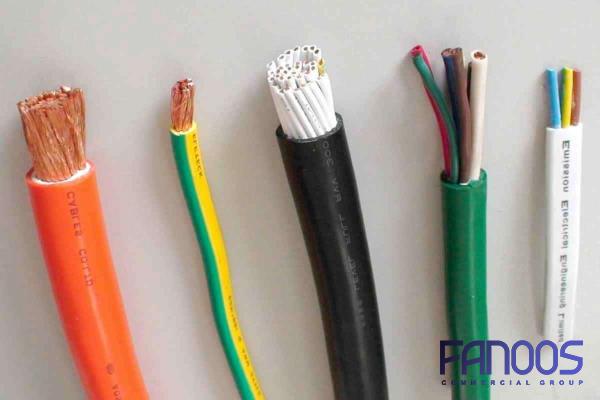 – Its resistance to corrosion can vary, depending on the presence of impurities. – At high temperatures, the copper wire may undergo thermal expansion and become softer, affecting its mechanical strength. 2. Aluminum Wire: Aluminum wire is a cost-effective alternative to copper wire in electrical systems. It possesses desirable electrical conductivity properties while being lighter and less susceptible to corrosion. Although it is less conductive than copper, aluminum wire is commonly used in specific applications that do not require high electrical conductivity. Applications: – Power transmission and distribution lines – Residential electrical wiring – Electrical wiring in some commercial and industrial applications, such as lighting fixtures Considerations: – Aluminum wire has lower tensile strength compared to copper, making it more prone to damage during installation. – Aluminum wire can develop oxide layers, which can result in higher resistance and localized heating. – Special connectors and techniques are typically required for aluminum wire connections. 3. Silver Wire: Silver wire offers the highest electrical conductivity among commonly used wire materials. It provides minimal resistance to electrical current while also exhibiting excellent thermal conductivity. Due to its high cost, silver wire is generally limited to unique applications where its exceptional conductivity is crucial.
– Its resistance to corrosion can vary, depending on the presence of impurities. – At high temperatures, the copper wire may undergo thermal expansion and become softer, affecting its mechanical strength. 2. Aluminum Wire: Aluminum wire is a cost-effective alternative to copper wire in electrical systems. It possesses desirable electrical conductivity properties while being lighter and less susceptible to corrosion. Although it is less conductive than copper, aluminum wire is commonly used in specific applications that do not require high electrical conductivity. Applications: – Power transmission and distribution lines – Residential electrical wiring – Electrical wiring in some commercial and industrial applications, such as lighting fixtures Considerations: – Aluminum wire has lower tensile strength compared to copper, making it more prone to damage during installation. – Aluminum wire can develop oxide layers, which can result in higher resistance and localized heating. – Special connectors and techniques are typically required for aluminum wire connections. 3. Silver Wire: Silver wire offers the highest electrical conductivity among commonly used wire materials. It provides minimal resistance to electrical current while also exhibiting excellent thermal conductivity. Due to its high cost, silver wire is generally limited to unique applications where its exceptional conductivity is crucial.
Specifications of wire and cable
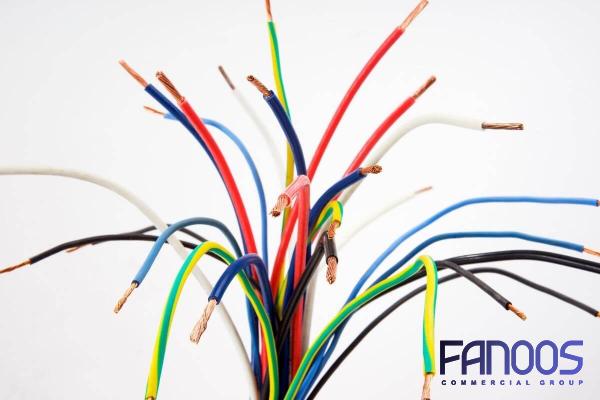 Applications: – Specialty electronics – High-frequency applications – High-performance audio systems – Laboratory equipment – Aviation and aerospace industries Considerations: – The high cost of silver limits its use to specific applications. – Silver is relatively soft and malleable, making it less suitable for applications requiring physical strength. 4. Steel Wire: Steel wire is utilized in electrical systems where strength and durability are paramount. While steel has lower electrical conductivity compared to copper or aluminum, it offers excellent mechanical strength and resistance to stretching and breakage. Steel wire is typically used as a support or reinforcement in electrical applications rather than as a primary conductor. Applications: – Overhead power transmission lines – Electrical cables for suspension bridges – Guy wires for supporting tall structures – Reinforcement within electrical cables, such as those used in elevator installations Considerations: – Steel wire has lower conductivity compared to copper and aluminum, resulting in higher resistance and potential voltage drop.
Applications: – Specialty electronics – High-frequency applications – High-performance audio systems – Laboratory equipment – Aviation and aerospace industries Considerations: – The high cost of silver limits its use to specific applications. – Silver is relatively soft and malleable, making it less suitable for applications requiring physical strength. 4. Steel Wire: Steel wire is utilized in electrical systems where strength and durability are paramount. While steel has lower electrical conductivity compared to copper or aluminum, it offers excellent mechanical strength and resistance to stretching and breakage. Steel wire is typically used as a support or reinforcement in electrical applications rather than as a primary conductor. Applications: – Overhead power transmission lines – Electrical cables for suspension bridges – Guy wires for supporting tall structures – Reinforcement within electrical cables, such as those used in elevator installations Considerations: – Steel wire has lower conductivity compared to copper and aluminum, resulting in higher resistance and potential voltage drop.
buy wire and cable
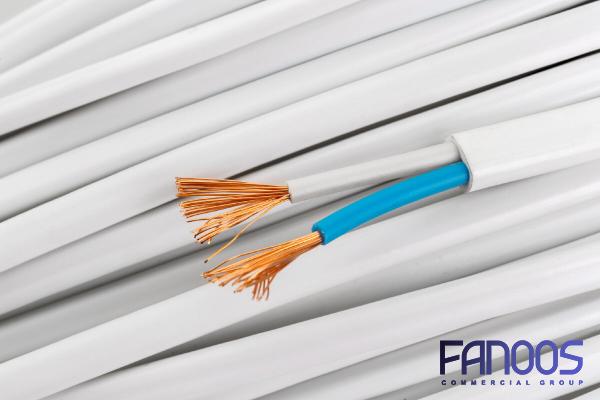 – The presence of carbon in steel may lead to corrosion and increased resistance. 5. Nickel Wire: Nickel wire possesses good electrical conductivity, corrosion resistance, and high-temperature resistance. It finds its application in various industries due to its desirable properties, particularly for applications exposed to harsh environments or high temperatures. Applications: – Heating elements – Thermocouples – Aerospace industry – Chemical processing plants – High-temperature electronics Considerations: – Nickel wire can be more expensive than copper or aluminum wire. – It has lower conductivity than copper, resulting in higher resistance. Conclusion: Understanding the different types of wire available for electrical systems is crucial for selecting the appropriate material for specific applications. While copper wire remains the most commonly used conductor due to its excellent conductivity, other materials such as aluminum, silver, steel, and nickel offer unique properties that make them suitable for diverse electrical applications. Considerations such as electrical conductivity, resistance to corrosion, cost, strength, and temperature resistance play crucial roles in choosing the most applicable type of wire for a given electrical system.
– The presence of carbon in steel may lead to corrosion and increased resistance. 5. Nickel Wire: Nickel wire possesses good electrical conductivity, corrosion resistance, and high-temperature resistance. It finds its application in various industries due to its desirable properties, particularly for applications exposed to harsh environments or high temperatures. Applications: – Heating elements – Thermocouples – Aerospace industry – Chemical processing plants – High-temperature electronics Considerations: – Nickel wire can be more expensive than copper or aluminum wire. – It has lower conductivity than copper, resulting in higher resistance. Conclusion: Understanding the different types of wire available for electrical systems is crucial for selecting the appropriate material for specific applications. While copper wire remains the most commonly used conductor due to its excellent conductivity, other materials such as aluminum, silver, steel, and nickel offer unique properties that make them suitable for diverse electrical applications. Considerations such as electrical conductivity, resistance to corrosion, cost, strength, and temperature resistance play crucial roles in choosing the most applicable type of wire for a given electrical system.
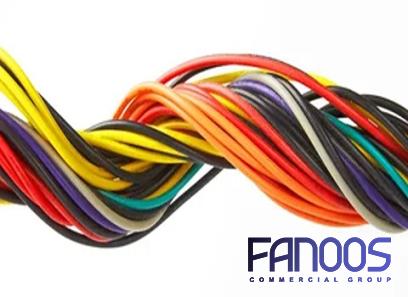
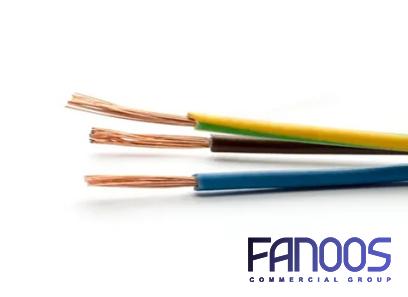
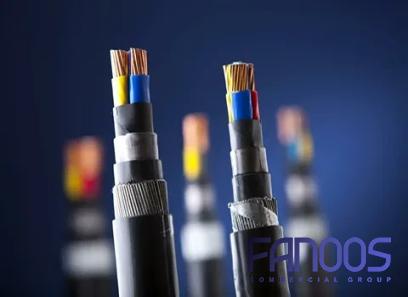
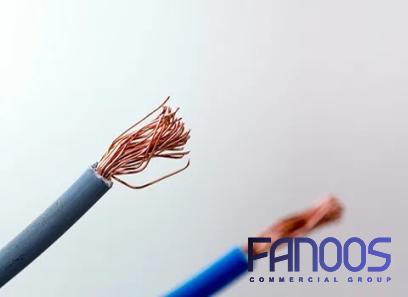
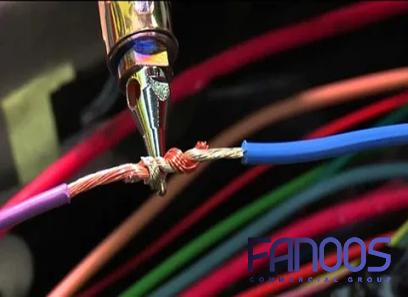
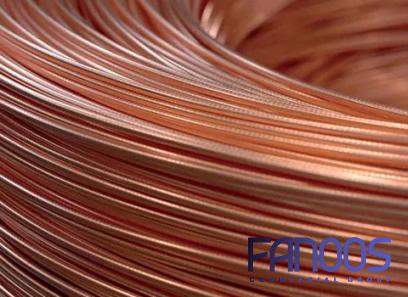
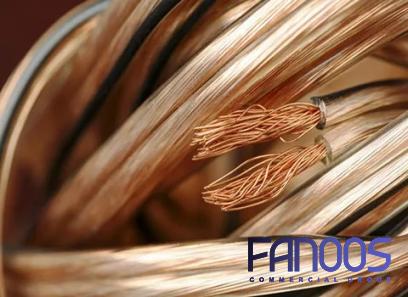
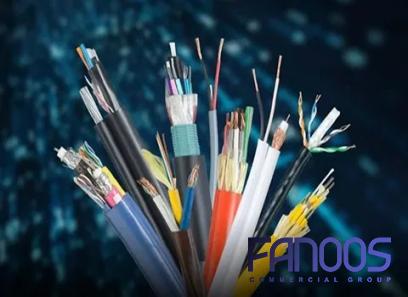
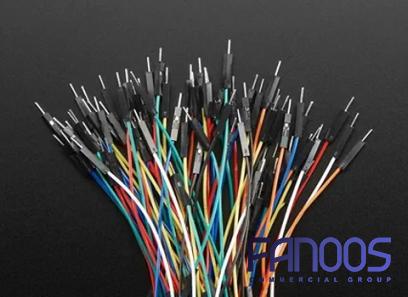
Your comment submitted.